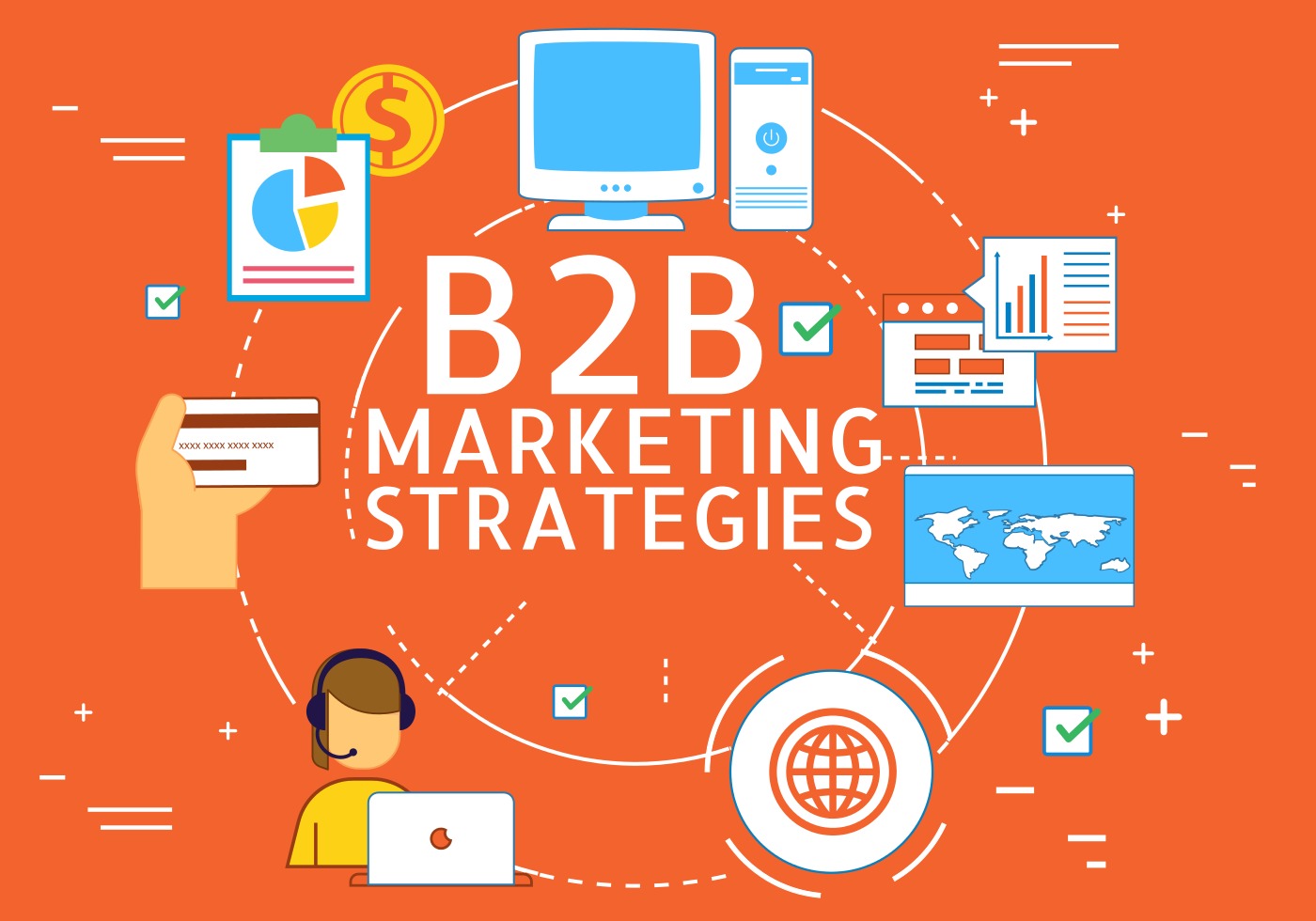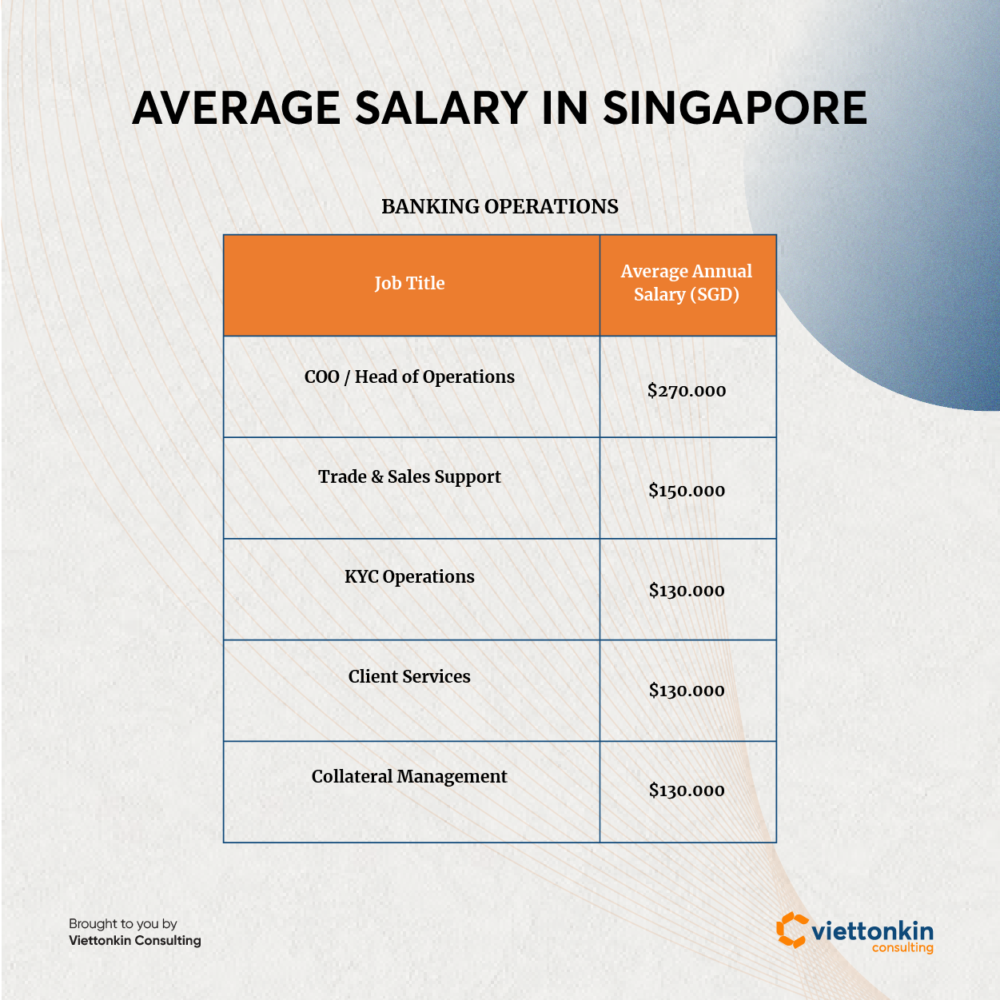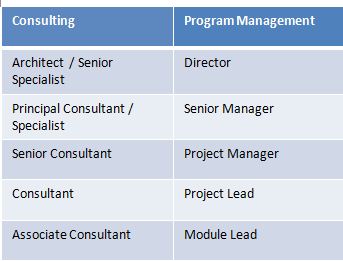
Many people have the same question: Should I be a contractor, or an employee? We will be discussing the differences in these two models in this article. In particular, we will consider the cost of contracts, how flexible they are, how control we have over our behavior, and the benefits of Onboarding and Training. Some people prefer a contract. However, for some people, a contract may be the better option.
Costs
It is common to make a mistake when hiring people. Many business owners do not account for the true cost of labor. This can impact their bottom line and cause them to spend more than they charge. Andre believes Pete will charge $45 per hour. However, he doesn't account for overhead costs associated with hiring employees. In fact, this mistake can lead to a hefty bill for the contractor, which he doesn't realize.

It is usually more expensive to hire a contractor than an employee. Business owners must not only pay payroll taxes on wages earned by employees, but also have to pay for workers' comp insurance and other benefits. While this is a more expensive option than hiring an employee, it can give the business more stability and increase the core capabilities of the company. But hiring an independent contractor can be much more flexible than hiring an employee. Businesses can end a contract before it becomes too expensive if the contractor is unreliable.
Onboarding
Onboarding a contractor differs from that of a regular employee, and the process is far less defined. It is much more difficult for contractors to be hired than for permanent employees. Additionally, many companies only use contractors when they need them. Both sides can make this process simpler by using a variety of tools. Here are some suggestions. o When planning your contractor onboarding, be sure to consider their needs.
o Give new employees tools to help them set their personal boundaries. Remote workers should set their own boundaries. They must also be expected to follow work-related rules during regular work hours. A company should offer tools that can help them define boundaries if they are going to hire a new employee. This will ensure that they feel supported and fulfilled throughout the entire process. The ultimate goal of onboarding should be to make the transition smooth.

Training
Training is an important difference between employment, contracting, and other forms of employment. Training should be considered a long-term investment while the latter should be considered a temporary one. A well-trained employee understands the ins and outs of the organization, and has the potential to add value beyond delivering work. Loyal employees are more likely to stay loyal to the company for a long time. A contractor might be only looking for a paycheck. This could lead to poor results. A worker, on the other hand, will likely go above and beyond what is expected and put in more effort.
FAQ
How can I be a successful consultant?
Finding a passion area is the first step. Next, you need to establish relationships. You need to know what clients want and how they operate. You must also deliver results.
While you don’t necessarily have to excel at every task, you should be better than all the rest. You need passion for what your do. It is not enough to simply say, "I want to become a consultant." It is important to believe in yourself and the work you do.
What skills do I need for consulting?
As a consultant, you should have both strong interpersonal skills and analytical skills. This is important because you are working on projects where you may not know exactly what you are doing. You must learn how to manage people and solve problems quickly.
Excellent communication skills are also essential. Most clients expect an answer within 24 hours. If they don’t hear from you within 24 hours, they assume you don’t care. It is crucial that you keep them up to date and make sure they know what's happening.
What qualifications does a consultant need?
It doesn't suffice to hold an MBA. You also need to be able and willing to work as a business advisor. At least two years experience in training and/or consulting for major companies is required.
You will need to have worked closely alongside senior management teams in order to develop strategy projects. You will need to feel comfortable communicating ideas to clients and getting their support.
Additionally, you will need to pass a professional qualification such as the Chartered Management Institute Certified Management Consultant (CMC).
Is it possible to start a consultancy from home?
Absolutely! In fact, many consultants already do exactly this.
Most freelancers work remotely using tools like Skype, Slack, Trello, Basecamp, and Dropbox. To avoid being left out of company perks, they often set up their own office space.
Some freelancers prefer to work in cafes or libraries instead of in a traditional office environment.
And others choose to work from home because they enjoy being surrounded by their children.
Of course, working from home has its pros and cons. But if you love your job, it's definitely worth considering.
Statistics
- WHY choose me: Why your ideal client should choose you (ex: 10 years of experience and 6-week program has helped over 20 clients boost their sales by an average of 33% in 6 months). (consultingsuccess.com)
- So, if you help your clients increase their sales by 33%, then use a word like “revolution” instead of “increase.” (consultingsuccess.com)
- Over 62% of consultants were dissatisfied with their former jobs before starting their consulting business. (consultingsuccess.com)
- My 10 years of experience and 6-step program have helped over 20 clients boost their sales by an average of 33% in 6 months. (consultingsuccess.com)
- 67% of consultants start their consulting businesses after quitting their jobs, while 33% start while they're still at their jobs. (consultingsuccess.com)
External Links
How To
How do I start a consultancy company?
Starting a Consulting Company is a great way to make money online from home. No prior business experience is required. It is possible to create a website to launch your consulting business. After you have built a website, social media platforms such Instagram, Pinterest and LinkedIn will be useful to spread the word about your services.
You can create a marketing strategy that includes these things with these tools
-
Create content (blogs).
-
Building relationships (contacts).
-
Generating leads (lead generation forms).
-
Selling products (eCommerce websites)
Once you've created your marketing strategy, the next step is to find clients who are willing to pay you for your services. Some prefer to meet up at networking events or go to meetings, while others prefer to use online platforms like Craigslist, Kijiji, and others. It's up to you to make the decision.
After you have found new clients, it's important to discuss terms and payment options. This could include flat fee contracts, hourly fees or retainer agreements. It's important to know what you expect before accepting a client so you can communicate clearly throughout the process.
An hourly agreement is the most common contract for a consulting service. This type of contract requires you to provide certain services at fixed rates each week or month. Depending on the type of service you are offering, you may be able to negotiate a discount depending on the length of the contract. When you sign a contract, make sure you fully understand it.
Next, create invoices. Send them to your clients. Invoicing is one those things that seem so simple until you actually do it. You have many options to invoice your clients. Some people prefer to email their invoices directly, while others prefer to mail them hard copies. No matter what method you use, ensure it works for your business!
Once you have completed creating invoices you will want to collect payment. PayPal is preferred by most people because it is simple to use and offers many payment options. There are many other payment options, such as Square Cash, Square Cash and Google Wallet.
Once you're ready to begin collecting payments, you'll want to set up bank accounts. Separate savings and checking accounts will allow you to track your income and expenses independently. Automated transfers into your bank account are a great way to pay bills.
Although it can seem daunting when you first start a business as a consultant, once you get the hang of it, it will become second nature. For more information on starting a consultancy business, check out our blog post here.
It's a great way for extra income without having to worry about hiring employees. Remote consultants don't need to be tied down by office politics or work long hours. Remote employees have more flexibility because they are not bound by regular work hours.